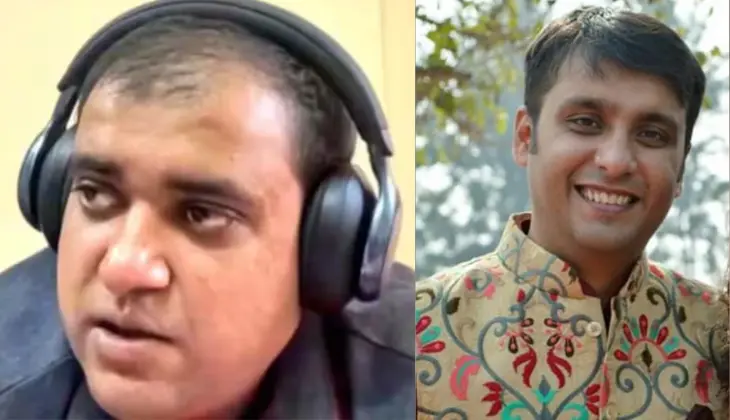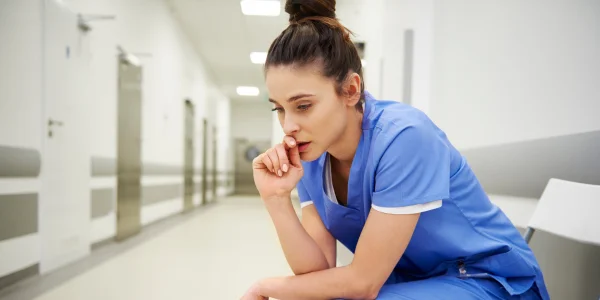Post Traumatic Stress Disorder (PTSD) is a mental condition connected with the terrible experiences of an event or incident in an individual's life. The individual may experience the effects of the state for an extended period, spanning from several months to years. Specific triggers have the potential to resurface memories of the trauma, leading to heightened emotional and physical responses like anxiety and panic attacks.
The Jallianwala Bagh Massacre
The Jallianwala Bagh Massacre is a tragic event in Indian history. On April 13, 1919, British military officer General Dyer commanded his troops to open fire on an unarmed crowd gathered in Punjab's Amritsar. The group had come together to protest against the arrest of nationalist leaders peacefully. Many people were killed, and many more were injured. The event caused immense suffering and lasting psychological injuries. Survivors of the massacre were deeply affected, and many struggled to recover from the shock of the violence. It is a certain event in the history of India that causes mental disorders like PTSD in the masses.
Trauma faced by the survivors of such events
After experiencing trauma like the Jallianwala massacre, people can have initial reactions such as exhaustion, confusion, sadness, anxiety, agitation, numbness, dissociation, physical arousal, and blunted affect. These reactions are considered normal, socially acceptable, psychologically effective, and self-limited. However, delayed responses to trauma can occur, especially for those who witnessed events like the massacre. These delayed responses can include persistent fatigue, sleep disorders, nightmares, fear of recurrence, anxiety focused on flashbacks, depression, and avoiding anything associated with the trauma. Such events can lead to chronic and disabling psychological injuries, resulting in formal diagnoses like post-traumatic stress disorder (PTSD).
Some common symptoms of people facing PTSD:
- Triggers and flashbacks are common in trauma survivors.
- Emotional reactions to trauma include anger, fear, and sadness.
- Numbing is a coping mechanism that leads to emotional detachment.
- Hyper-arousal, characterized by sleep disturbances and exaggerated startle responses, is a common symptom of PTSD.
- Trauma can lead to various physical health challenges, including gastrointestinal, cardiovascular, neurological, musculoskeletal, respiratory, and dermatological disorders.
- Trauma can also cause sleep disturbances and substance use disorders.
Effects of PTSD on Children's Psychology
Children who experience traumatic events like Jalliwanwala Bagh may show different signs depending on their age. Young children may exhibit fear, confusion, nightmares, and physical symptoms, while adolescents may indicate depression, social withdrawal, risky activities like sexual acting out, and a wish for revenge. The freedom fighters and legends of Indian history like Bhagat Singh and Sardar Udham Singh are also examples of individuals who faced specific mental trauma after witnessing the massacre.
Coping with PTSD
Trauma survivors can benefit greatly from learning new coping skills and techniques for managing distressing emotions. Mindfulness practices, cognitive restructuring, and exposure therapy are practical approaches. In addition to medication, good sleep habits, mental rehearsal of nightmares, relaxation techniques, and proper nutrition can also help. Normalizing trauma symptoms is crucial to healing and should be emphasized more. It is essential to be reminded the individuals that their symptoms are not a weakness or flaw and that recovery is possible. Remember that you are not alone or at fault; help is available.
Conclusion
It's been more than 110 years since the incident of Jallianwala Bagh happened on this same day, but still, it is one of the most traumatic events in the history of India. Incidents like these leave a long-lasting impact on the memory of the individual who witnessed them. We at Solh Wellness strive to implement all the possible measures to deliver the best preventive mental health solutions with ease of access. If you're going through any mental disorder, you can connect with Solh Wellness and utilize our AI-driven & Non-Judgemental platform free of cost. Download the Solh Wellness App and take steps towards better mental health and life.



